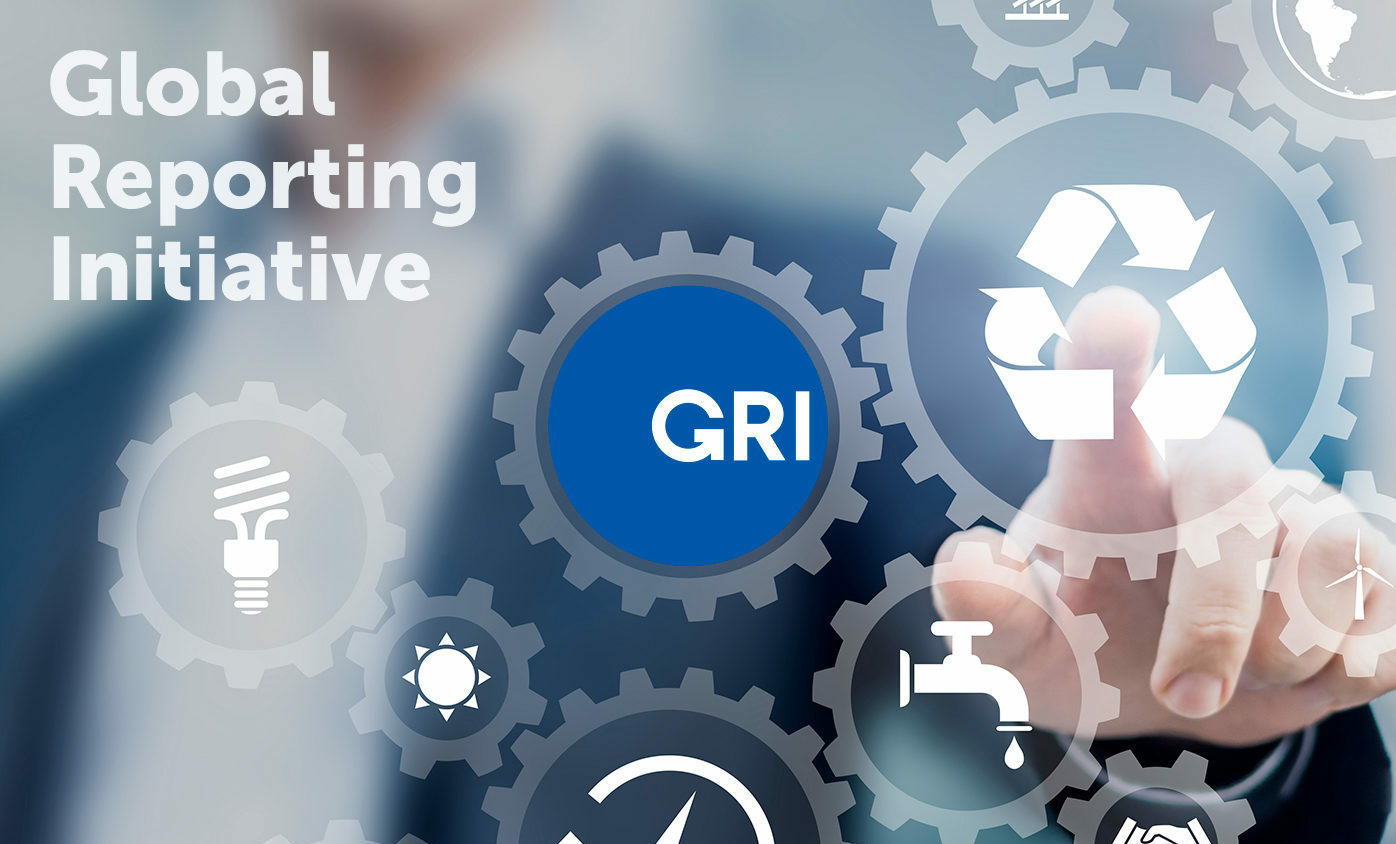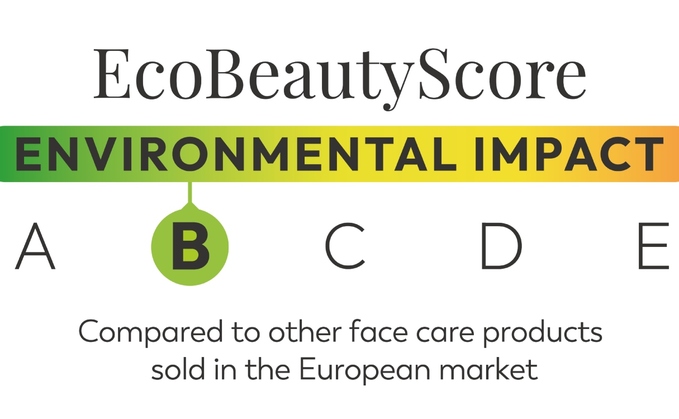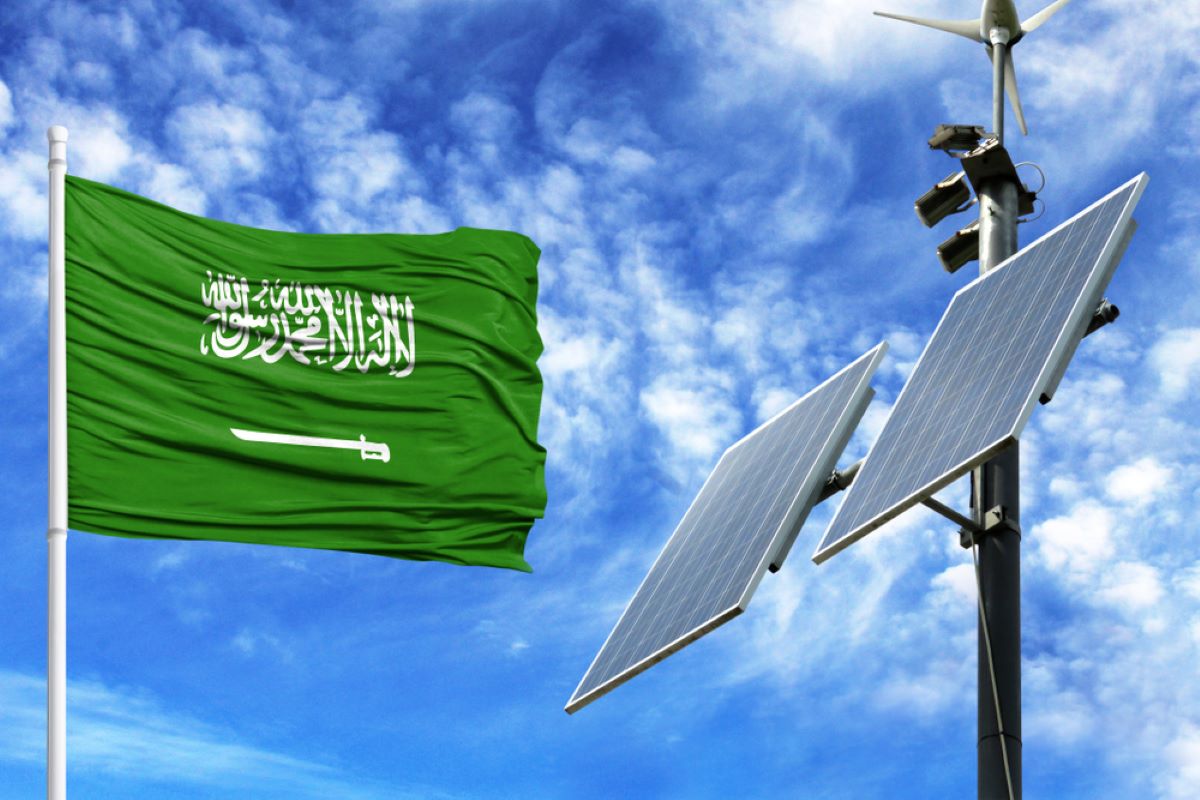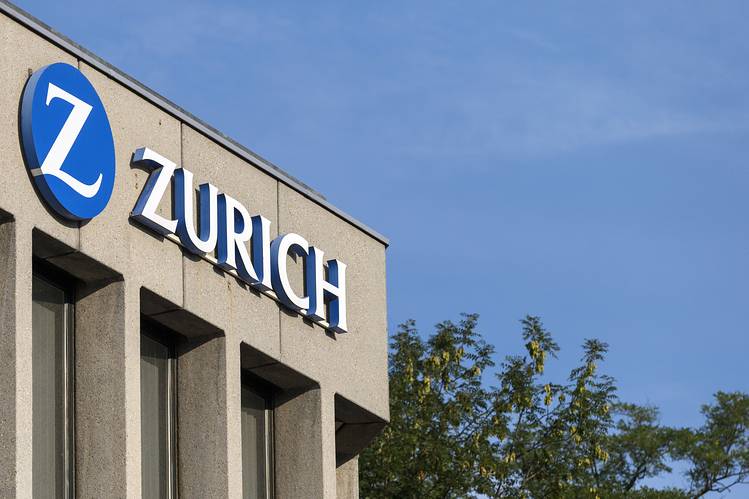DOE Grants $1.45 Billion Loan to South Korean Renewable Energy Company Qcells for Solar Supply Chain Development in Georgia
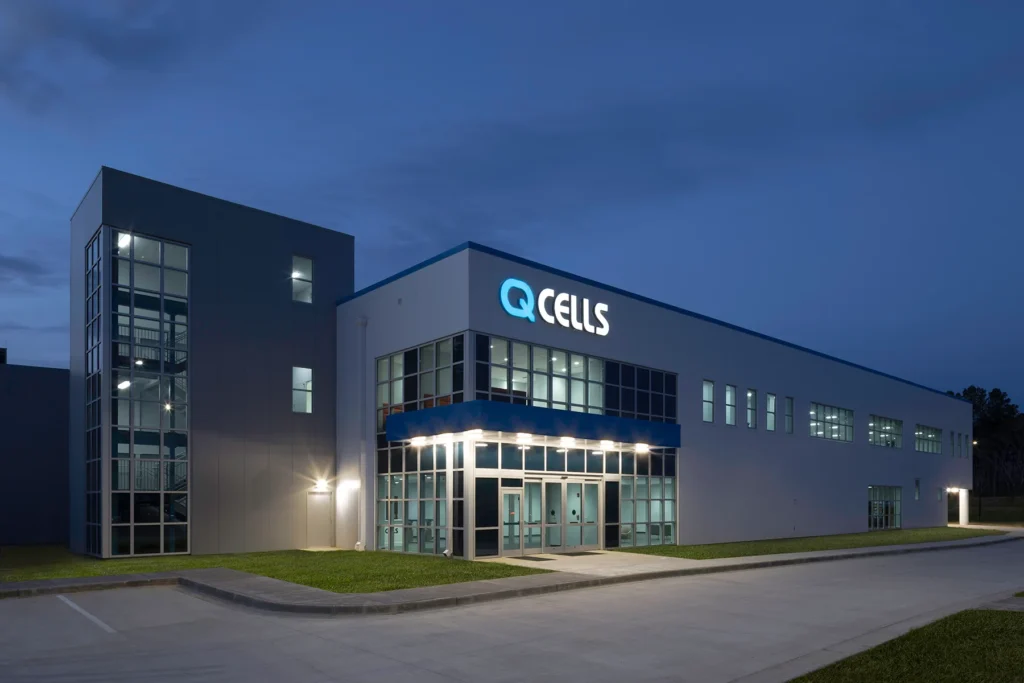
|
Listen to this story:
|
- Strengthening U.S. Solar Manufacturing: $1.45 billion loan supports Qcells in building a major solar manufacturing complex in Georgia.
- Expanding Domestic Solar Production: New plant aims to produce enough solar panels to power 1.3 million homes annually, reducing carbon emissions.
- Supporting U.S. Energy Independence: The project aligns with the Biden administration’s goal to bolster domestic solar supply chains and reduce reliance on imports.
The U.S. Department of Energy is providing a $1.45 billion loan to Qcells, a South Korean firm, to bolster the solar manufacturing supply chain in the U.S. This marks a significant investment in domestic solar production.
“This loan is special, because it’s one of the first facilities where we’re not just making modules, but we’re making cells and wafers as well,” said Jigar Shah, Director of the Energy Department’s Loan Programs. The loan will fund a $2.2 billion complex in Cartersville, Georgia, aimed at producing the core components of solar panels, including ingots, wafers, and cells.
Qcells has already begun assembling modules at the Cartersville site, which will eventually have a capacity of 3.3 gigawatts of solar panels annually. The project is on track to create 2,000 jobs by its completion in December.
The Cartersville facility will be the largest ingot and wafer plant in the U.S., further complementing Qcells’ existing $630 million plant in Dalton, Georgia, which has a capacity of 5.1 gigawatts per year.
The Biden administration’s Inflation Reduction Act provides significant tax credits for American-made solar equipment, further incentivizing domestic production. Shah emphasized the importance of this support, stating, “The domestic demand for solar modules in 2026 is expected to be around 50 gigawatts. We’re expecting to produce about 40 gigawatts in 2026.”
Despite these advancements, Qcells and other U.S. manufacturers face challenges from cheap solar imports from Asia. The company is pushing for tariffs on imports from Cambodia, Malaysia, Thailand, and Vietnam, which are believed to be undercutting prices.
Related Article: EPA and DOE Allocate $850 Million to Cut Methane Emissions in Oil and Gas Sector
“The loan that we’re getting is going to be massively critical for us to stay on track with our goal of really onshoring the supply chain and making it in America,” said Marta Stoepker, a Qcells spokesperson.
U.S. Senator Jon Ossoff highlighted the broader impact of the loan, stating, “This will continue growing our economy and strengthening American energy independence.”
The combined efforts of the federal loan, tax incentives, and ongoing support are expected to position the U.S. to meet the majority of its solar energy needs with domestically produced components by 2026.

